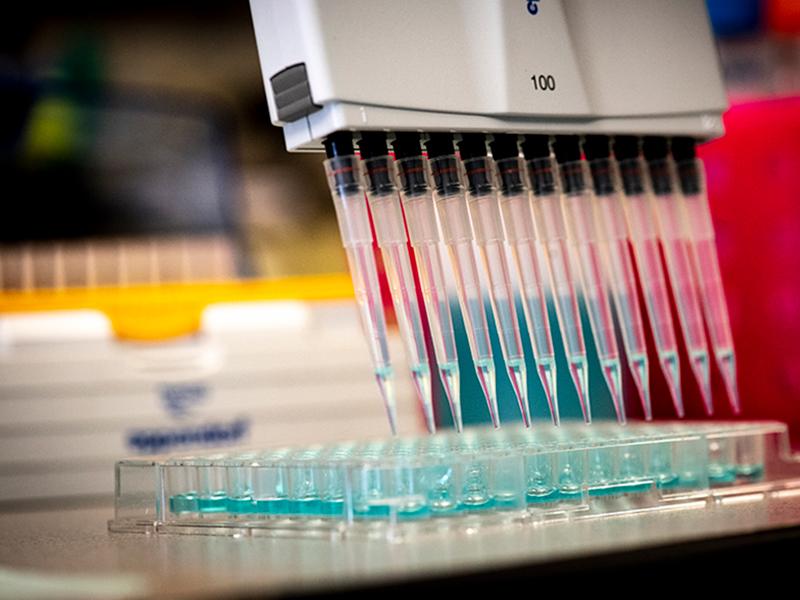Tulane receives $1 million to assist in fighting COVID-19
Tulane University has received an anonymous $1 million gift to establish a fund for Emerging Research in Infectious Disease.
The fund will be used to support Tulane’s research in infectious disease, providing an immediate impact in the race for treatments and a vaccine for COVID-19. It will address all aspects of the crisis, from detection to treatment to prevention by supporting Tulane’s promising research and clinical enterprise.
“This donor, who wishes to remain anonymous, has supported Tulane’s mission to improve the human condition for decades," Tulane President Michael Fitts said. "This gift will boost our efforts to find an end to this global pandemic and move toward Tulane’s ultimate goal of creating a system-wide approach to combating infectious disease that includes early detection, treatments and vaccines. Such a system may stop the next pandemic from happening at all.”
Since its founding, Tulane researchers have been at the forefront of combatting infectious disease. This fund will help expand Tulane’s clinical trials capacity, accelerate the development of new model systems and support efforts to develop rapid diagnostic tests.
“I couldn’t be prouder of the work that Tulane researchers are doing to find answers to this global pandemic,” the donor, a Tulane graduate, said. “I want to make sure we are always on the front line of solving the world’s most complex problems.
“Fighting infectious disease has been a focus of Tulane since it was founded in 1834 to combat the yellow fever epidemic,” the donor added. “My hope is that this gift will inspire others to support Tulane in this battle for the good of our country and our world.”
“We will be able to analyze the genome of emerging infections in broader detail, so that we can simultaneously track the evolution of pathogens and identify weaknesses that can be used to develop vaccines or treatment strategies,” said Lee Hamm, senior vice president and dean of the Tulane School of Medicine. “These funds will both support our ongoing work and establish new lines of COVID-19 research for novel treatments and antivirals, vaccines, antibody testing, and give us a better understanding of the impact of health disparities."
Tulane Senior Vice President for Academic Affairs and Provost Robin Forman said gifts like this will enable more faculty to bring their expertise on infectious disease to their investigation of COVID-19.
“Our faculty are already carrying out extraordinarily important and exciting work that is reshaping our understanding,” Forman said, “and this gift will multiply and amplify that work, assuring that Tulane faculty will be leaders in the world's battle against COVID-19 the way they have led the battle against so many other infectious diseases over the past 185 years.”

